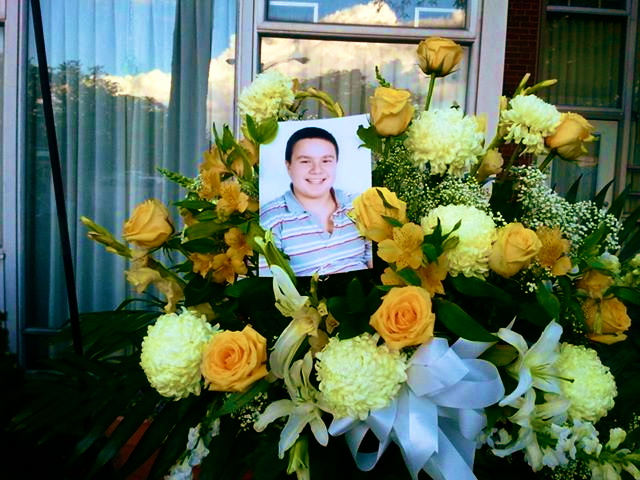Alex Spourdalakis, an autistic teen with very high support needs, was tragically murdered by his mother and godmother who attempted to take their own lives. Months ago, his mother pleaded through tears that, “He needs something simple, in the country, where he can run around, get the treatment that he needs so he can get better.” A consortium called the Agricultural Communities for Adults with Autism offers evidence that farmstead and agricultural-based residential opportunities and lifestyles increase the quality of life for autistic adults and offer independence and purpose, even decreasing self-injurious and aggressive behaviors. Unfortunately, there are no openings in existing programs, long waitlists of future applicants, and furthermore, these options may be threatened by proposed, future policy changes. The latest data in the State of States in Developmental Disabilities and the Priced Out Reports describe the extreme lack of affordable housing options and funding for support services for those with intellectual and developmental
At the beginning of this month, HUD released its new guidelines for planning future housing options of people with disabilities in which it seeks to base its future initiatives, “…for communities that have historically relied heavily on institutional settings and housing built exclusively or primarily for individuals with disabilities, the need for additional integrated housing options scattered throughout the community becomes more acute… To that end, HUD is exploring how it can fund additional integrated housing units scattered throughout communities.” Although this is progress, HUD’s solution offers just one housing option and we need a variety of options.
Autistic adults and parents should not have a singular option – especially one that may be an undesirable environment with inadequate supports. Many individuals are developing innovative and sustainable housing models to address specific needs with appropriate supports while offering a lifestyle desired by the future resident. However, there are many policy barriers and challenges as they attempt to develop these home and community options. We believe that these options will financially offset limited state and federal funding AND provide housing options that are created intentionally to fit their specific support needs while offering an empowering environment for future residents. We believe that there should be incentives not roadblocks for these public-private partnerships!
Madison House Autism Foundation is working towards breaking down these barriers in hopes that autistic adults will have a broad range of safe and self-determined home and community options to choose from including “simple country options.” Our thoughts are with Alex’s father, family and friends who are mourning his death.
 Desi’s Desk is a blog post written periodically by Desiree Kameka, Director of Community Education & Advocacy.
Desi’s Desk is a blog post written periodically by Desiree Kameka, Director of Community Education & Advocacy.
Please give comments and feedback below. Desiree would love to hear from you.
[fblike layout=”standard” send=”true” action=”like” font=”arial” colorscheme=”light”]
[linkedin layout=”1″]



 Desi’s Desk: Bringing the Autism Community Together…Over Breakfast!
Desi’s Desk: Bringing the Autism Community Together…Over Breakfast!

